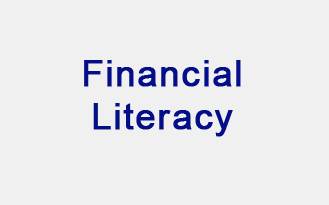The financial literacy conducted by Atikha and FWC provides : • hands on experience on budgeting, goal setting and financial planning. It provides time for mapping their dreams and reflecting on what they have achieved so far. It discusses how the family can adjust lifestyle, share the burden to enable them to achieve their goals. • It involves not only migrants but also the family member who manages the funds in the Philippines since they oftentimes splurge on the hard earned money of the migrants. The ideal situation of the financial literacy seminar is when both the migrant and the family member managing the funds are attending the seminar together. The seminar provides avenue for communication to address financial and family issues • It discusses core issues for lack of savings and addresses problems in family values and issues that drain the resources of migrants such as dependency. It teaches them strategy on “How to say NO” “When to say NO and Why the Need to say NO” to prevent them from feeling guilty from saying “NO”. Filipinos have difficulty saying NO and we always feel guilty when we say NO. • To reach out to the migrants and to be able to communicate financial information at their level, migrant leaders were capacitated to provide the financial literacy training and tasked to reach out to their own social network. The time and conduct of the training is adjusted to their needs and limitations. From 2 days training, the seminar was adjusted to 1 day training. The training is conducted not only in conference rooms but also in homes and other informal settings where the migrants are. Informal financial counseling sessions were also developed for those with no time to attend 1 day seminars. • To reach to the families, Atikha trained staff of local government units, Non Government Organizations, schools and cooperatives in the source communities to be able to conduct financial literacy to the families left behind. |
![]()
